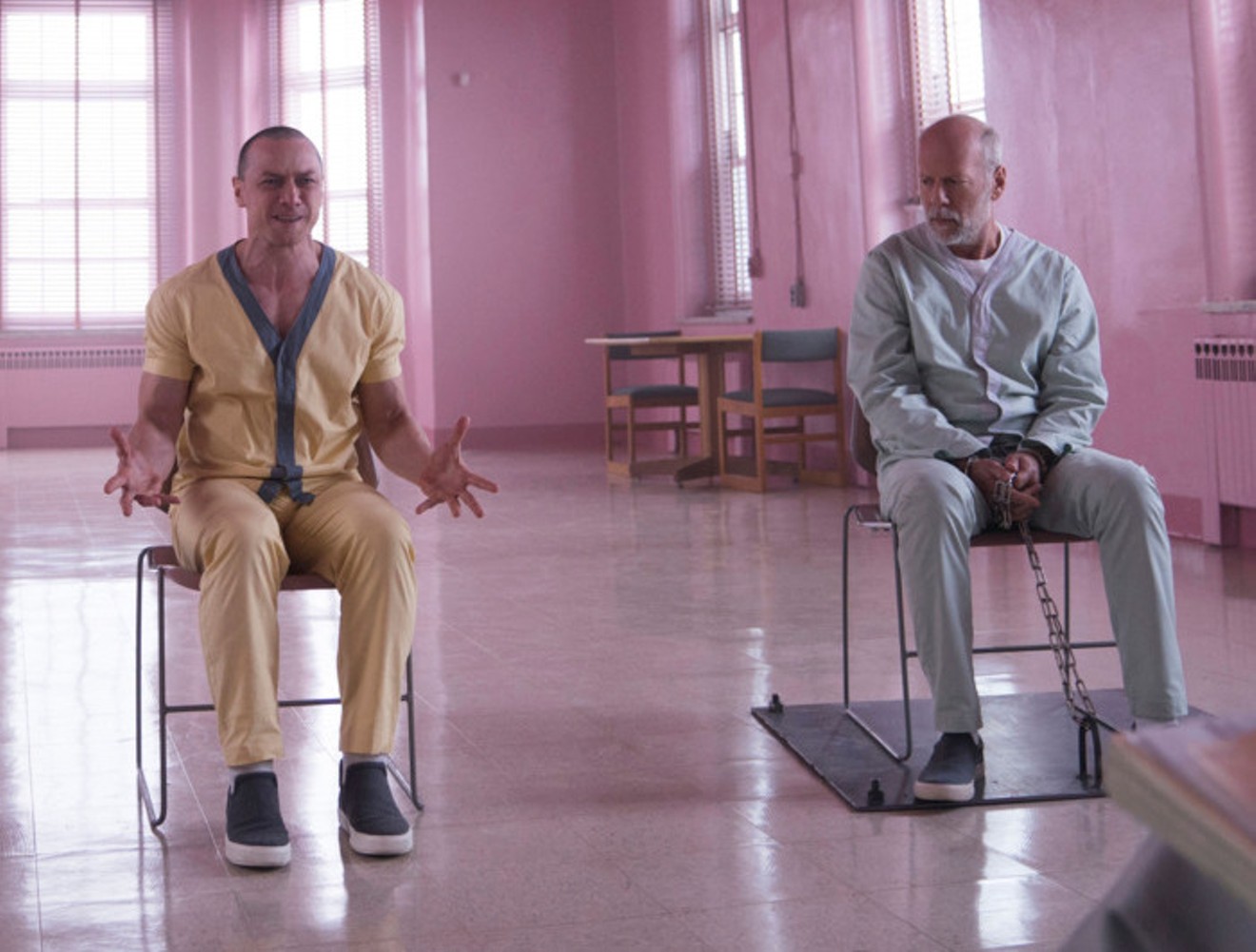Cold War. Pawel Pawlikowski, whose movie Ida won the Oscar for Best Foreign Language Film in 2015, has returned with a much lighter but no less weighted film, Cold War. Zula (Joanna Kulig) uses her feminine wiles to awaken feelings of attraction in her older music teacher, Wiktor (Tomasz Kot). Their passionate relationship is hampered by a variety of snafus in postwar, communist Poland.
Shot in
As the years pass from 1949 to the mid-'60s, the couple's story is presented in an episodic structure, featuring cuts to black and often startling follow-up scenes that commence with musicians in the climax of their performances. The mise en scène is also rich, from the ramshackle sweatiness of a Paris jazz club to the precisely choreographed folk dances of the students. For a film covering what should be something weighed down by grayness, Cold War is actually bright and lively, with so much humor it sometimes overshadows the film's heavier themes. Opens Friday, January 18, at the Coral Gables Art Cinema, 260 Aragon Ave., Coral Gables; gablescinema.com. —Hans Morgenstern
Glass. To see M. Night Shyamalan — an unfortunately and unfairly maligned filmmaker due to his penchant for twists and a couple of flops in an otherwise glowing filmography — finally complete the trilogy he began with Unbreakable and continued with Split is something special in its own way.
Glass brings together three men: David Dunn (Bruce Willis), the reluctant hero who has supposedly never broken a bone; Elijah Price (Samuel L. Jackson), the mastermind with an extremely fragile body; and Kevin Wendell Crumb (James McAvoy), a man with Dissociative Identity Disorder who believes he has a beast within him. Moments of action bookend the film, but Shyamalan places the majority of the film in an institution, with Dr. Ellie Staple (Sarah Paulson) keeping the characters hostage, forcing them to confront whether or not their presumed superpowers, and the identities they’ve created around them, are real.
It’s an academic film, more interested in constant conversation and questioning, exploiting and milking Shyamalan’s fascination with the stories we tell, how we tell them, and who gets to tell them. Further emphasizing that is the film, visually, plays out like a comic book, every frame practically an imitation of what a comic book panel might look like. The way the script navigates the creation of mythologies and the power dynamics that come with said myths is its own kind of riveting. It's reminiscent of one of comics' greatest writers, Grant Morrison, and the work he’s been exploring for decades.
Though some viewers might want a more bombastic finale full of special effects, inhuman abilities, and a high body count — Glass is perfectly content existing as a film whose tension lies almost entirely in wondering whether or not its protagonists are human after all. The face-offs and twists that come with that make it all the more exciting. Opens in
Sicilian Ghost Story. This film offers a surreal corrective to a tragic true story. Just as Luna (Julia
This fantastical notion is elemental to directors Fabio Grassadonia and Antonio Piazza’s mythic story about the disappearance of a mafioso’s son in 1996. What can a little girl do to find, much less rescue, her love? She dreams. And the directors, who
Incorporating vivid and often primal images of the forest that have seemingly consumed Giuseppe, the directors create a pining tone poem to innocence lost. They sparingly incorporate fisheye lenses to present the vastness of the nature Luna finds herself up against. There are scenes of seamless editing that merge visions of the underground with the reality of the world above. And Anton Spielmann provides a grim soundtrack fueled by melancholy organ melodies. It’s a delicately paced, ethereal, often mournful film where dreams and reality fluidly entangle, reaching for some kind of resolution to a horrific truth. Opens Friday, January 18, at Miami Beach Cinematheque, 1130 Washington Ave., Miami Beach; mbcinema.com. —Hans Morgenstern
Stan & Ollie. Nothing but a naive innocence exudes from the screen in Stan & Ollie. The film opens with an impressive walk and
At this point in their career, the comedy duo is weary and a bit irrelevant. Hardly anyone shows up to the shows, and there’s even concern that impersonators are performing due to rumors of Laurel & Hardy’s retirement. Stan assures Oliver that the money they make will help fund a Robin Hood remake Stan is writing. However, Oliver’s health is failing and the movie producer is not
The entertainers, by now, have seemingly become their gestures and are always at work on their routines. Coogan and Reilly play up to expectations with a bittersweet quality. From the set pieces to the performances, including a hilarious Nina Arianda as Stan’s Russian wife Ida — who chugs any drink that might pass under his nose to protect him from his alcoholism — the film doesn’t wallow in conflict as much as celebrate a beautiful, unconditional camaraderie. Opens in select theaters Friday, Jan. 18. —Hans Morgenstern













